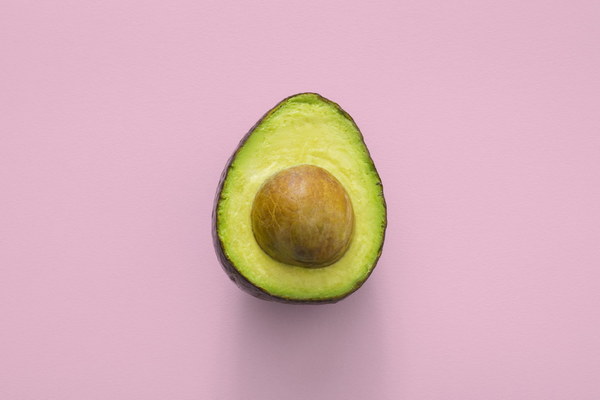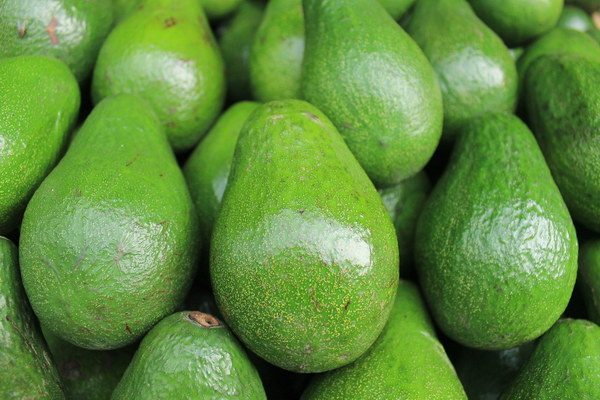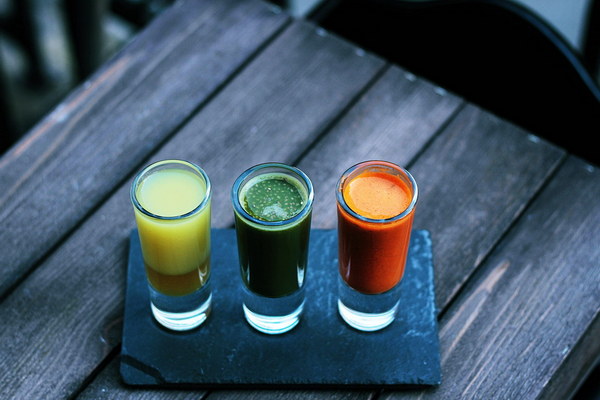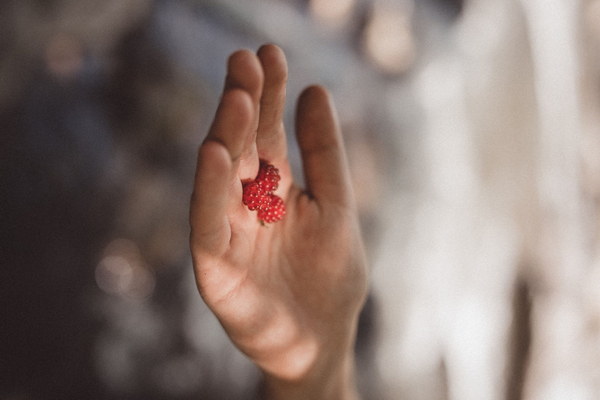Do Acne and Dampness Go Hand in Hand Unveiling the Link Between Acne and Dampness in the Body
In the quest for clear, glowing skin, many individuals turn to a myriad of skincare products and treatments. However, some may find themselves struggling with persistent acne despite their efforts. One theory that has gained traction is the connection between dampness in the body and the occurrence of acne. But does this link hold any truth? Let's delve into the world of traditional Chinese medicine and modern dermatology to uncover the relationship between acne and dampness.
In traditional Chinese medicine (TCM), dampness is considered an internal imbalance that can manifest externally through various symptoms, including acne. According to TCM, dampness is a substance that can accumulate within the body, leading to a variety of health issues. The concept of dampness is not directly comparable to the scientific understanding of moisture in the body, but rather a metaphor for an internal imbalance.
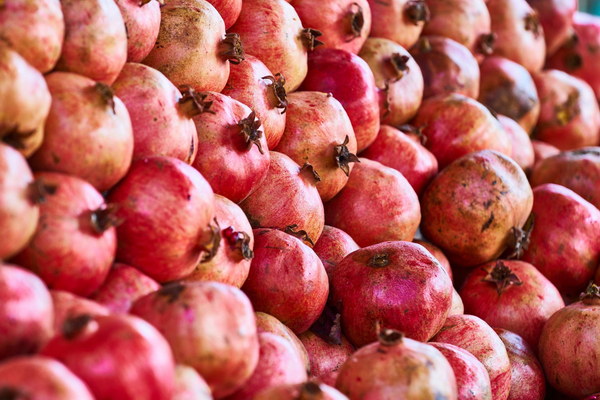
According to TCM, dampness can be caused by a variety of factors, such as poor diet, excessive intake of cold or damp foods, and emotional stress. When dampness accumulates, it can disrupt the normal functioning of the body's organs, leading to a variety of symptoms, including acne. The theory suggests that dampness can block the flow of qi, or vital energy, which can result in a buildup of toxins and impurities that contribute to the development of acne.
Modern dermatology, on the other hand, views acne as a result of a combination of factors, including genetics, hormonal changes, bacteria, and inflammation. While there is no direct correlation between dampness and acne in Western medicine, some dermatologists and holistic practitioners have observed a pattern where individuals with certain skin types or conditions seem to benefit from treatments that aim to reduce dampness-like symptoms.
Here are some ways in which dampness and acne might be linked:
1. Dietary Factors: Traditional Chinese medicine suggests that certain foods can exacerbate dampness in the body. These include cold, raw, or greasy foods. Modern research has shown that dairy and high-glycemic foods can trigger acne in some individuals, which could be related to the concept of dampness.
2. Hormonal Imbalances: Dampness in TCM is often associated with hormonal imbalances, which are known to play a significant role in the development of acne. Women, in particular, may experience hormonal fluctuations that can lead to acne breakouts.
3. Toxin Buildup: In TCM, dampness is linked to the accumulation of toxins in the body. Modern dermatology also acknowledges the role of toxins in acne, as they can contribute to inflammation and the formation of acne lesions.
4. Stress: Stress is a common trigger for both dampness in TCM and acne in Western medicine. High stress levels can disrupt the body's balance, leading to hormonal fluctuations and potentially exacerbating acne.
While the link between dampness and acne is not universally accepted in Western medicine, there are several steps individuals can take to address both dampness and acne:
- Adjust Diet: Opt for a balanced diet that includes plenty of fresh vegetables, lean proteins, and whole grains. Avoid excessive intake of dairy, sugar, and processed foods.
- Stay Hydrated: Adequate hydration can help flush out toxins and maintain skin health.
- Regular Exercise: Physical activity can reduce stress and improve circulation, which may help in the prevention of acne.
- Herbal Remedies: Some individuals find relief from acne by using herbal remedies that are believed to help reduce dampness and improve overall health.
- Skincare Routine: Maintain a consistent skincare routine that includes cleansing, exfoliating, and moisturizing to keep the skin healthy and acne-free.
In conclusion, while the link between dampness and acne is not scientifically proven, the concept offers a unique perspective on skin health. By exploring both traditional and modern approaches to skincare, individuals may find relief from their acne and achieve clearer, more radiant skin.



